Last month, Leftfield Media hosted Anime NYC 2021 in person for the first time since the pandemic began. Held at the Jacob K. Javits Convention Center in Midtown Manhattan, the convention’s return marked a return to normalcy for many geekdom fans: If anime cons are back, then surely, the COVID pandemic is on its waning days.
It’s hard to be so optimistic about the future after this week. Yesterday, the Minnesota Department of Health announced that an Anime NYC attendee from Minnesota tested positive with the Omicron COVID-19 variant. His case serves as the second confirmed instance in the United States.
“According to the Minnesota Department of Health, the attendee developed mild symptoms on Nov. 22, was tested on Nov. 24, and their symptoms have since resolved,” Anime NYC wrote in an official statement. “We’re actively working with officials from the New York City Department of Health, who are coordinating with various state agencies, and all participants who ordered badges online, as well as exhibitors, artists, and partners.”
No other Omicron cases are connected with Anime NYC yet. However, New York’s Governor Kathy Hochul stresses convention-goers should get a COVID test, while Mayor Bill de Blasio said the city will begin contract tracing for attendees. Given the news, New Yorkers “should assume there is community spread of the variant” across the city, the New York Times reports.
That Anime NYC attained national news coverage for its connection to one of the first confirmed Omicron cases in the United States is less than flattering for the anime convention. Time will tell whether Anime NYC served as an incubator for Omicron in New York, or just a fleeting milestone as the U.S.’s next dominant variant emerges. Nonetheless, Leftfield’s convention raises much larger questions about the future relationship between the pandemic, COVID prevention measures, and geekdom conventions.
And Anime NYC is a sign that conventions are not quite ready to return back to normal.
We Got This Covered attended two geekdom conventions as press this fall: New York Comic Con and Anime NYC. Both were hosted at the Javits Center after a one-year in-person hiatus, and both saw pretty impressive turnouts for attendees. The Javits Center told the Times that over 50,000 anime fans came to Anime NYC, while New York Comic Con had three times that amount, according to Publishers Weekly.
Attending one of the biggest comic conventions in the U.S. may sound like a far riskier gamble than Anime NYC, but NYCC was ready for the task at hand. The convention shrank in size for 2021, down from 2019’s massive 260,000 to a meager 150,000. NYCC required full vaccination to attend, and ReedPop partnered with the health ID app Clear to confirm attendees’ vaccination status ahead of time.
Con-goers picked up a green wristband clarifying their vaccination status off-site, and all bag checks and security clearances were handled right at the entrances of the Javits Center. Lines were long to get in and to attend panels, but not unbearable. ReedPop successfully minimized the time and length that attendees had to stand around shoulder-to-shoulder, and once fans were in the Javits Center, they were in: No more lines to get into the expo hall, and panel lines were only as big as individual panels were popular.
And thanks to New York Comic Con using the brand new expansion wing of the Javits Center, fans generally had much more room to spread out during the con, letting friend groups relax at secluded, less-than-traveled nooks and crannies away from the main stage and expo hall if need be.
Anime NYC — as evinced by Thursday’s public acknowledgment of one of the convention attendees becoming a key character in the Omicron chapter of the COVID-19 saga —didn’t fare quite as well.
On the convention’s first day, long lines with minimal social distancing plagued entrances into the event, with attendees reportedly forced to wait two to four hours in the cold just to get in. Only one vaccination dose was required to attend, and despite long lines on Friday to receive a vaccination wristband, it remains unclear if staff regularly checked anything more than vaccine cards. This reporter’s ID was checked on the first day of the event while walking through a non-public access entrance, but this did not happen on Saturday and Sunday, where staff briefly glanced at her card to make sure she had something written on it before handing her a wristband.
Furthermore, many attendees claim Anime NYC was riddled with lax card verification, with some Twitter users who went to Anime NYC saying staff didn’t even check their vaccine cards at all before providing a wristband. Without utilizing Clear, it’s much harder to know how many people at Anime NYC were fully vaccinated, let alone received a single dose. In fact, it’s totally plausible, as some attendees report seeing, that con-goers could grab wristbands and resell them to random people. This was possible at New York Comic Con, granted, but far less likely: The green ReedPop wristband that the convention used would only tighten, not loosen. Once it was applied, the only way to take it off was by cutting it off.
Crowding within the Javits Center itself was common. Bag checks were held at the entrance of both the expo hall and the main panel waiting areas, and in the latter’s case, this caused tight, narrow passageways to form just to enter a much larger area. Smaller panel rooms’ lines spilled out into hallways between food courts. And while lines for the expo hall were usually much shorter, staff did not enforce social distancing measures for panels or for the expo hall’s entrance.
Additionally, Anime NYC utilized a much smaller portion of the Javits Center than New York Comic Con did, making it far more difficult to maintain a healthy amount of distancing between participants hanging out and eating lunch. Anime NYC was certainly smaller than New York Comic Con, but exposure risk was often high due to inefficient distancing and verification measures.
Does this mean Anime NYC did everything wrong, and New York Comic Con did everything right? Not exactly. At both cons, social distancing was practically unenforceable at the expo hall’s aisles and booths. High trafficked areas forced con-goers into skin-to-skin contact with their fellow attendees. Panels had ample space for line-up at New York Comic Con, but social distancing on panel lines was rare too. Once fans walked into a panel, they could sit shoulder-to-shoulder in seats with barely any separation between them.
And then there’s just the luck of the draw: New York Comic Con took place during the downward slope of the Delta variant’s surge, whereas Anime NYC happened right at the start of the Omicron variant. It’s entirely plausible that, if the dates were switched between the two events, NYCC could have been the convention with an Omicron case instead.

Yet there are steps convention organizers can take to make sure their conventions are as safe as possible, and New York Comic Con generally provided far less opportunities for a potential COVID exposure than Anime NYC.
ReedPop offered clear instructions, efficient space management, rigorous vaccination verification, and provided a low-stress experience that made safety compliance way easier for its participants. Long hours to get in aside, Anime NYC’s problems would have been far more acceptable in pre-pandemic times, especially because the convention only had three prior installments, and this year proved its most popular yet.
A gap year with more attendees than ever provides its own problems. But with Anime NYC taking place right on the doors of the winter COVID surge, and with the U.S.’s second confirmed Omicron case attending the con, scrutiny is warranted from the convention’s attendees, who are now scrambling to get their COVID tests done after seeing loved ones just a week ago for the Thanksgiving holidays.
Should geekdom conventions be pulled while the COVID-19 pandemic continues? Probably not. Intense lockdowns pose their own mental health risks. COVID vaccines increase the threshold for safe activity. And events like New York Comic Con prove that cons can be hosted responsibly and safely. But if conventions are here to stay, now that COVID vaccines are readily available, then con organizers share a far greater responsibility to their attendees if they want to host an event.
In the meantime, we should avoid sensationalizing Anime NYC’s Omicron exposure. We don’t have enough information yet on how (and if) the variant spread from Anime NYC. But the fact that Anime NYC is at the center of multiple controversies illustrates that our conventions aren’t quite ready for the ever-changing COVID pandemic world we live in.
We Got This Covered has reached out to Anime NYC for comment.








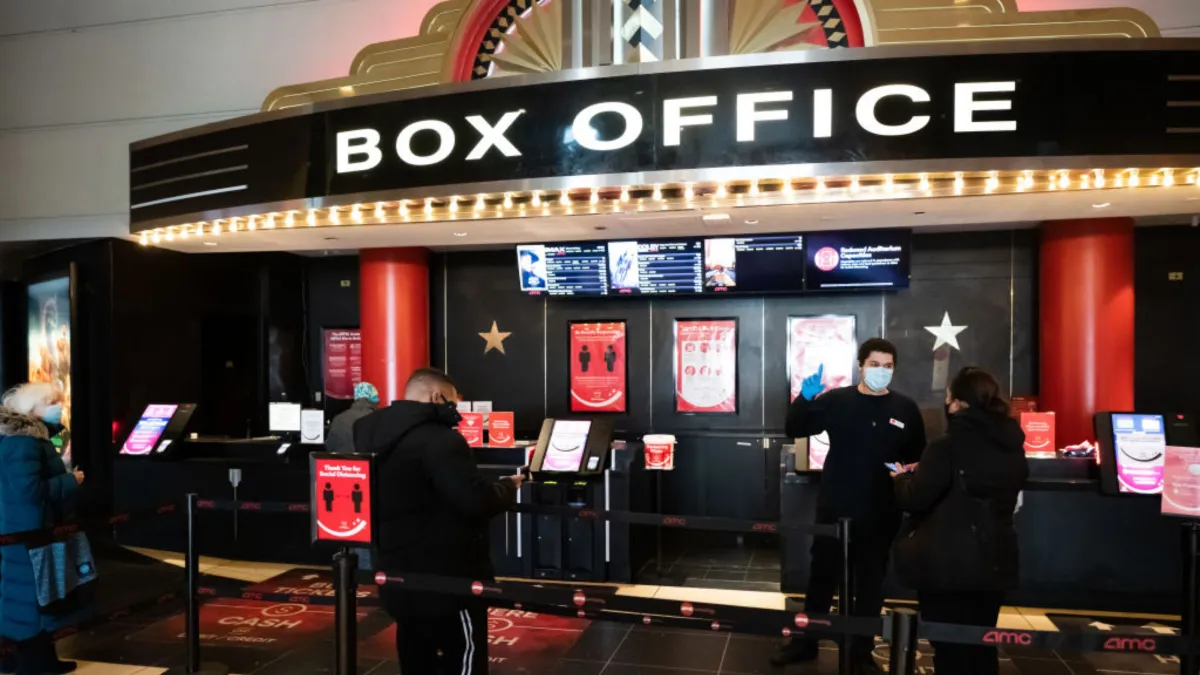
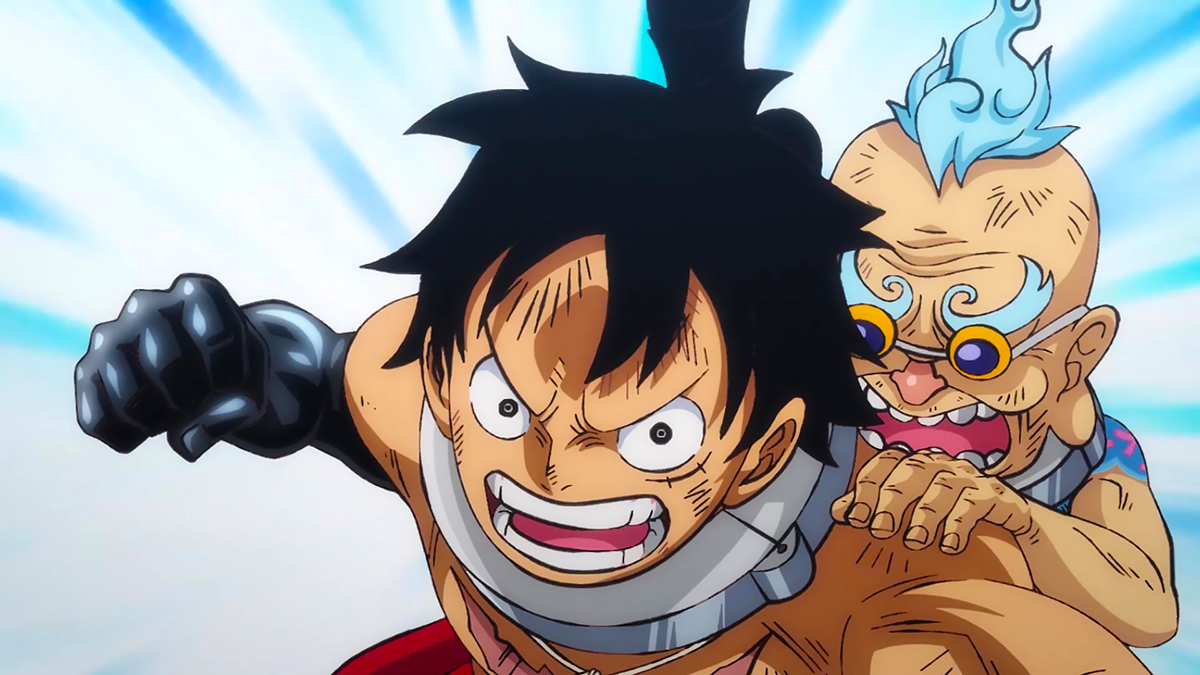

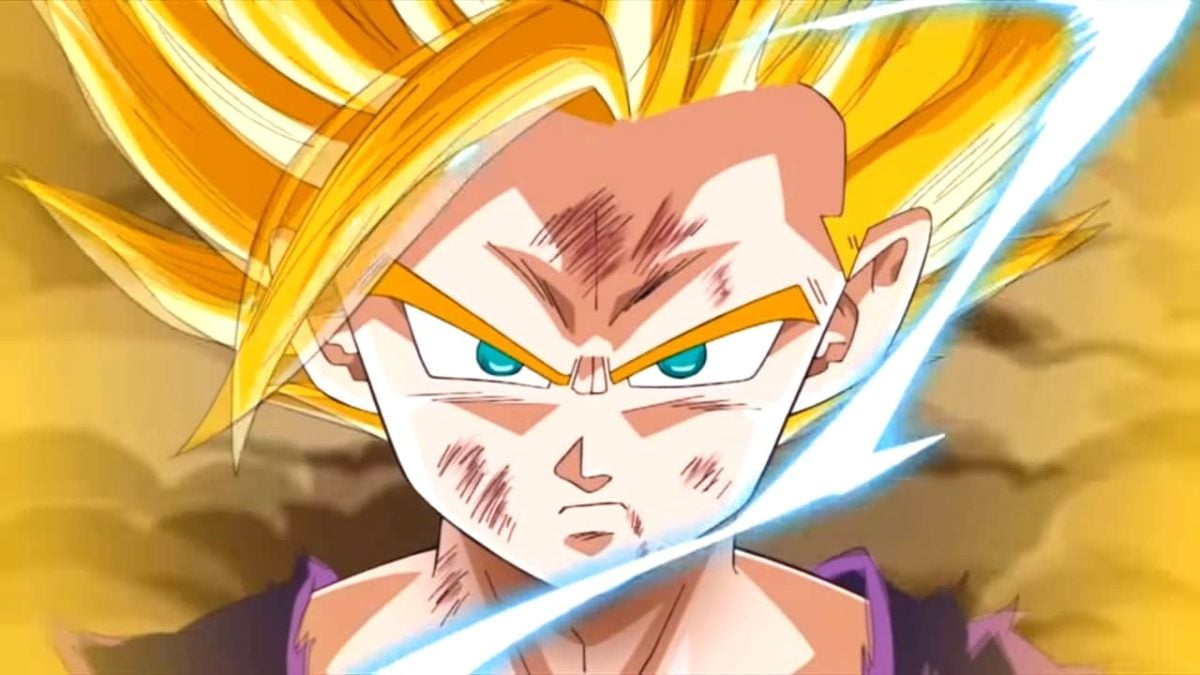
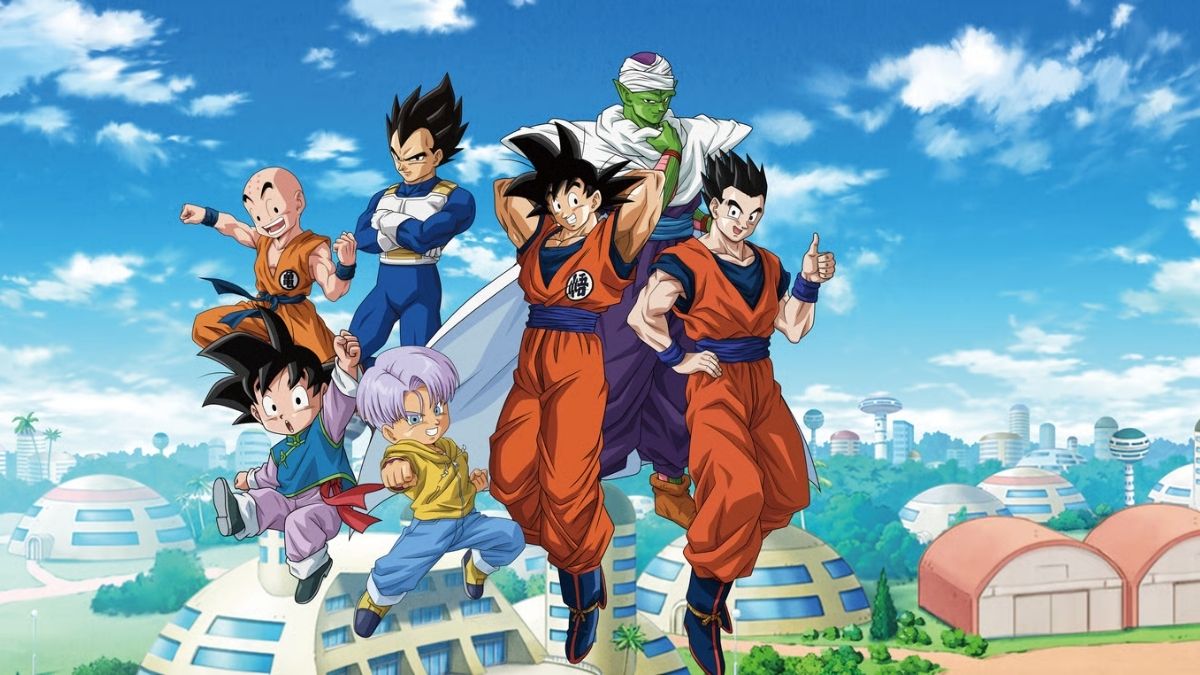
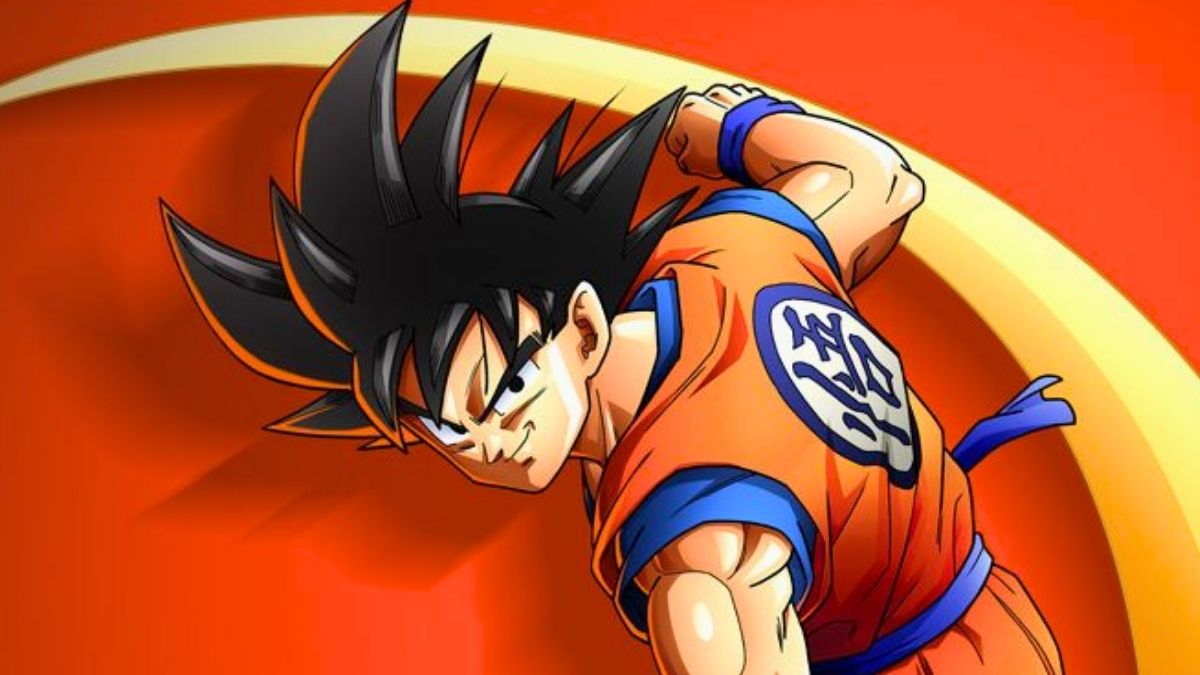
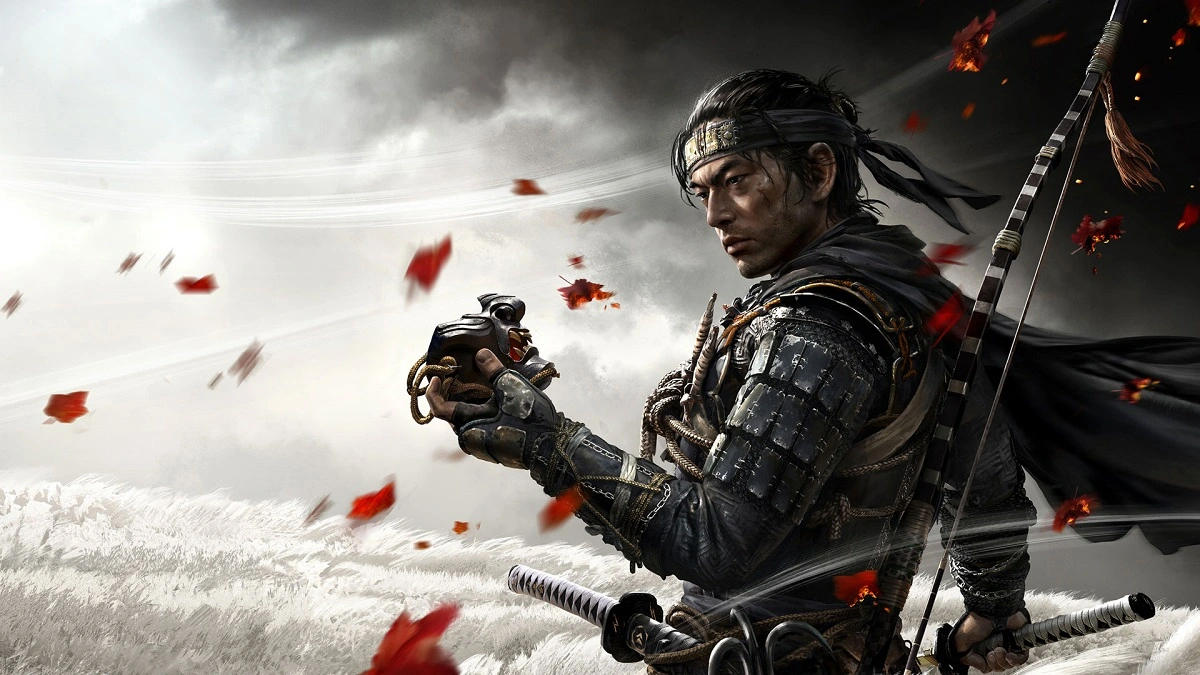
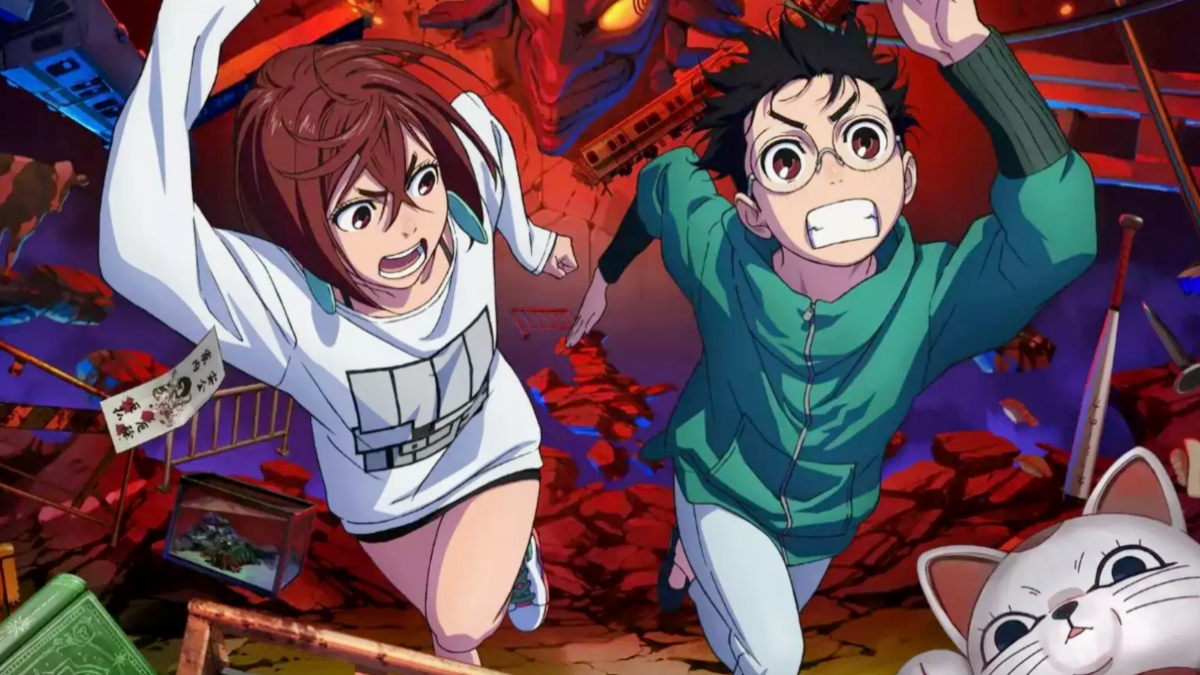
Published: Dec 3, 2021 01:10 pm